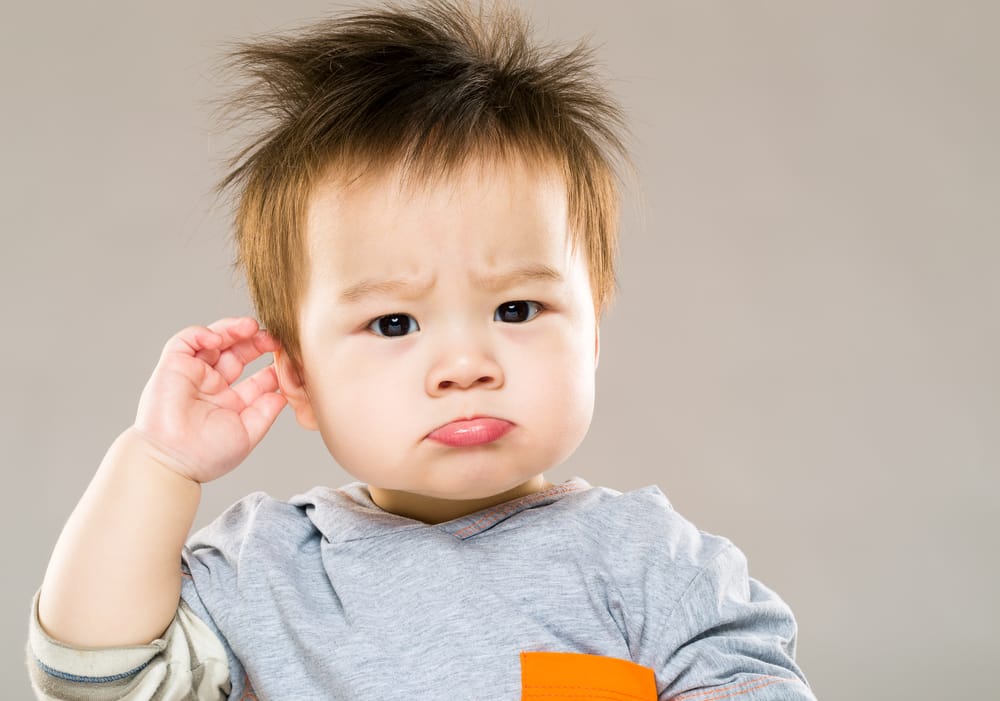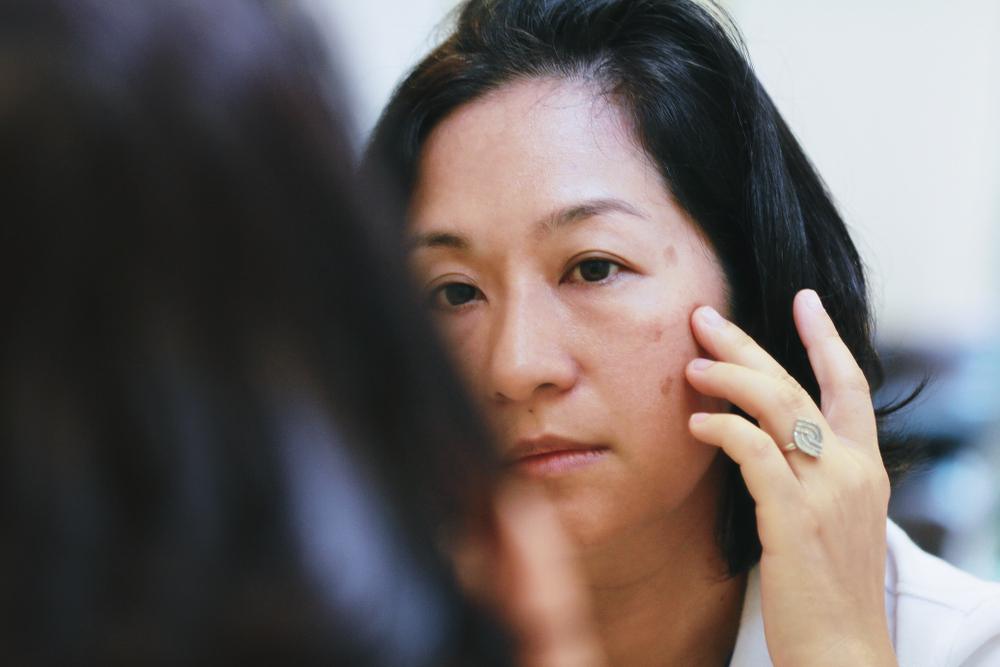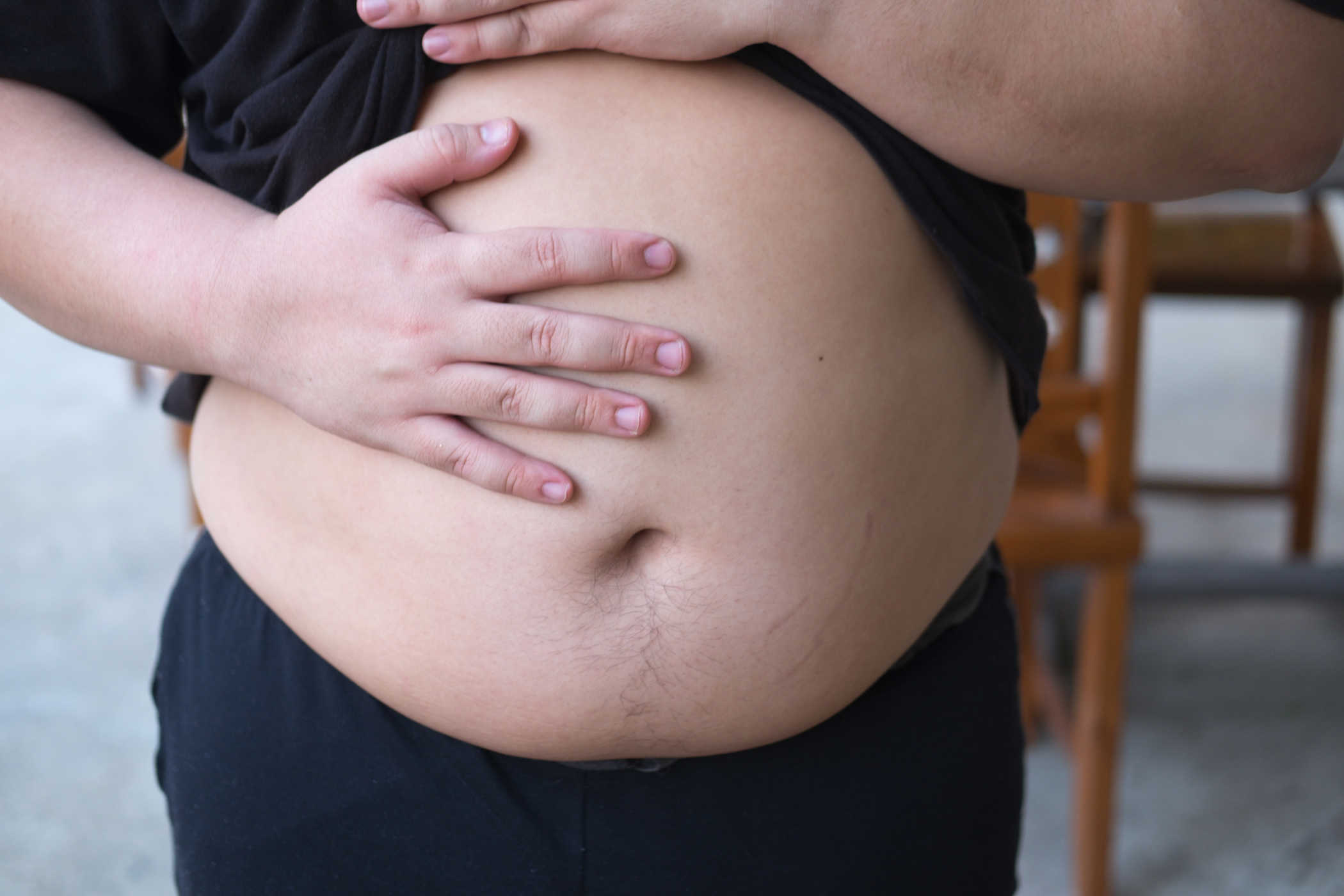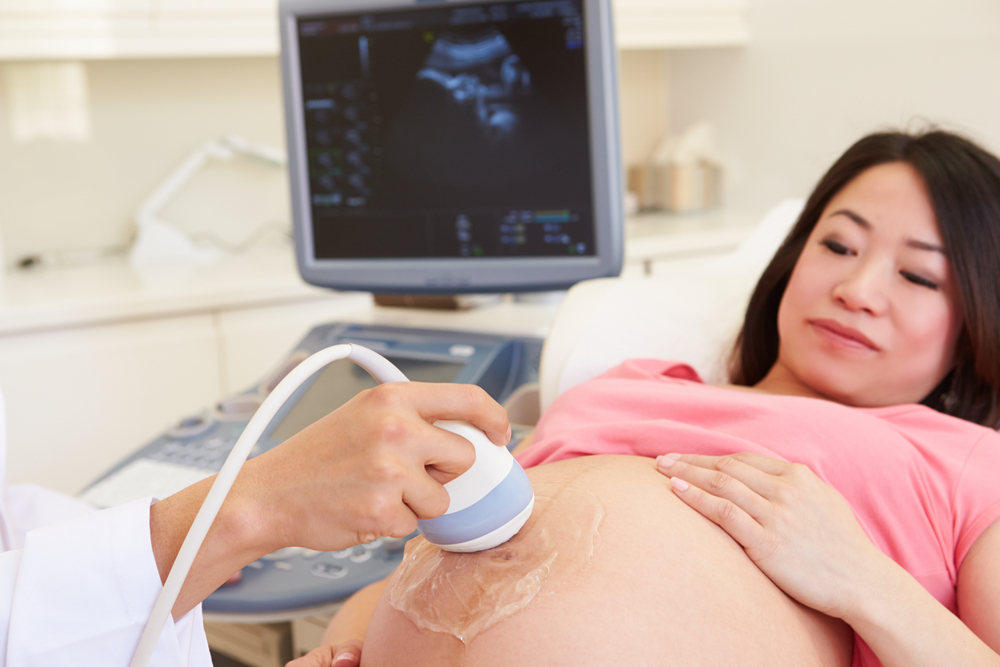Contents:
- Medical Video: Ear Problems & Infections : How to Drain Inner Ear Infection
- Why do ear infections often occur in infants?
- What are the signs of a baby suffering from ear infections?
- What should be done if the baby has an ear infection?
- 1. Warm compresses
- 2. Giving acetaminophen
- 3. Give your baby a drink
- 4. Lift the baby's head
- What are the consequences if ear infections in infants are not treated immediately?
- How to prevent ear infections in infants
Medical Video: Ear Problems & Infections : How to Drain Inner Ear Infection
If your baby becomes fussy, cries constantly, and looks tugging at their ears, maybe your baby has an ear infection. One ear infection in infants and children that often occurs is acute otitis media. This infection occurs in the middle ear which experiences the process of inflammation, infection and fluid blockage. Because of the inflammation process, the eardrum becomes swollen (protruding) and colored red. In addition, the baby also feels pain and fever. Based on National Institute on Deafness and Other Communication Disorders, as many as five out of six children suffer from ear infections when they are under the age of 3 years.
Why do ear infections often occur in infants?
In the ear there is a channel that connects the middle ear to the throat. This channel is called the eustachian tube. The function of this tube is to ventilate, drain fluid, and block the entry of fluid from the throat to the middle ear. Ventilation is useful to keep the air pressure in the middle ear always the same as outside air pressure.
In infants and children, the shape of the tube is shorter, wider, and more horizontal than the adult tube. For this reason, fluid from the throat and ears containing bacteria can pass easily and reach the middle ear, leading to acute otitis media.
What are the signs of a baby suffering from ear infections?
In infants, ear infections can be difficult to recognize because they cannot say what they feel. As a parent, you need to recognize any signs in your baby if there is an ear infection.
- A fever that can reach more than 39 degrees.
- Very fussy and often cries when he lies down. This is a sign that your baby is in pain due to increased pressure in the ear.
- Tugging at the ear.
- Hard to sleep.
- Does not respond to sound.
- The presence of fluid or pus that flows out of the ear. This is a sign that the baby's eardrum has broken due to too high pressure.
- There is a former fluid that dries (crusting) around the ear.
- Missing balance due to dizziness.
What should be done if the baby has an ear infection?
Bring your baby immediately to a doctor. The doctor will give the drug in the form of antibiotics if needed. If the infection continues, surgery is needed in the form of installing a vent pipe (ventilation tube) in the eardrum to discharge trapped ears and expedite airflow.
In addition, the following things you can do at home to help reduce symptoms of ear infections in your baby.
1. Warm compresses
To reduce pain, you can compress your baby's ears for 10-15 minutes.
2. Giving acetaminophen
If your baby is 6 months or older, you can give acetaminophen to reduce pain. However, still follow the instructions given by the doctor and read the instructions for giving.
3. Give your baby a drink
This is done because swallowing can help drain fluid in the eustachian tube.
4. Lift the baby's head
When the baby sleeps, make sure the baby's head is lifted using a pillow. This can help sinus drainage.
What are the consequences if ear infections in infants are not treated immediately?
A person's hearing function is affected by vibrations in the eardrum and the structures involved in the middle ear. The presence of recurrent infections that damage the eardrum due to continuous accumulation of fluid can affect vibrations in the eardrum.
Treatment of ear infections is an important thing to do immediately, especially when your baby is learning to talk. Hearing loss can cause delays in speech or language which can later affect their performance in school.
How to prevent ear infections in infants
- Give your baby breast milk. The risk of ear infections can decrease because of the presence of antibodies in breast milk.
- Make sure the position of your baby sits while drinking milk.
- Prevent the occurrence of colds in your baby.
- Avoid babies from allergies. Allergies can cause the production of fluid that can clog the eustachian tube, increasing the risk of ear infections.
- Don't be exposed to cigarettes. Babies exposed to cigarette smoke have a higher risk of ear infections.
- Vaccination. Take your baby to the doctor to get a flu vaccine and pneumococcal.












